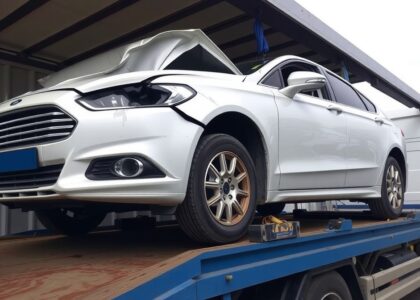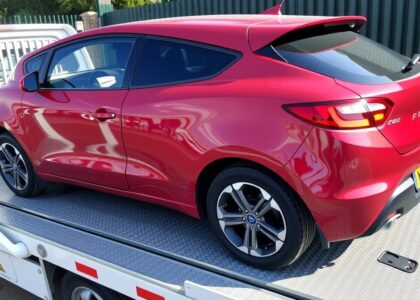Before selling a car, knowing its actual worth can help you set a fair price, avoid underselling, and deal confidently with buyers. Whether you’re selling to a dealer or privately, car valuation is a critical first step. This process involves understanding your car’s age, mileage, condition, and demand in the used car market. With a realistic figure in mind, you’re more likely to secure a better deal. This blog explains key steps to value my car, covering technical details, online tools, and factors affecting market rates—ideal for individuals and businesses looking to sell cars across the UK.
Understand Your Car’s Market Position
The car’s make, model, age, and mileage all influence its resale value. Vehicles with lower mileage and a full service history usually attract higher prices. Cars in high demand or with fuel-efficient engines—like hybrids or economical diesels—often hold value better. Similarly, limited editions or well-maintained luxury cars can appeal to specific buyers. Knowing where your vehicle sits in the market helps you judge whether your expectations are realistic. For example, cars over 10 years old or those with mechanical issues may not sell at book price, especially without recent maintenance records.

Check Vehicle Condition Thoroughly
Minor issues such as scratches, worn tyres, or cracked lights reduce the asking price, while more serious concerns like engine faults or transmission problems can significantly affect value. Consider whether any repairs are worth completing before selling. Use a checklist to inspect interior wear, bodywork condition, service lights, and fluid levels. If you’re unsure about mechanical aspects, a low-cost inspection from a local garage can reveal hidden problems and help you set a more accurate value.
Use Online Valuation Tools
Digital tools provide a quick way to estimate your car’s worth based on real-time data. Many UK car-buying sites offer free valuation services. Simply enter your registration number and mileage to get an estimate based on similar cars sold recently. These tools consider industry trends, demand, and depreciation. While helpful, these valuations are only a guide. They may not reflect damage or non-standard features. Still, they are a great starting point if you’re thinking, “I need to get offer for my car” without delay. Always compare estimates from two or three sources for better accuracy.
Account for Damage and Faults
If your vehicle is broken, faulty, or non-running, its value depends on the cost of repair versus resale potential. Cars with engine damage or electrical issues often fetch lower prices, but some buyers specialise in these types of vehicles. It’s worth checking how much similar damaged cars are being sold for. You can even request repair estimates to help with pricing. Don’t hide issues—being upfront with faults saves time and builds trust. Remember, some buyers are happy to purchase “as is,” especially companies that focus on buying cars that aren’t roadworthy anymore.
Compare Offers from Trusted Buyers
Once you have a rough value in mind, compare offers from various sources—private buyers, dealerships, and car-buying services. Each may offer different prices depending on demand, risk, and profit margins. Dealers might offer lower prices but save you the trouble of paperwork. On the other hand, specialist services may pay more for damaged or faulty vehicles. If you’re thinking, “I want to sell my car London,” location also matters. Cars in urban areas often attract more interest due to higher buyer demand. Be sure to confirm whether collection is free or if additional fees apply.
Finalise the Deal with Confidence
After receiving a few offers and choosing the most suitable one, ensure all documents are ready. This includes the V5C logbook, service records, MOT certificate, and any receipts for recent repairs. Verify the buyer’s credentials and check for payment method security—bank transfers are safer than cash. A written agreement outlining the condition and sale amount is also recommended. If you prefer a fast, no-hassle transaction, some companies specialise in buying directly from sellers across the UK, offering fair deals even for non-runners.
Why Choose Cars Wanted UK If you’re looking for a quick, fair way to sell your damaged or broken vehicle from 2012 onwards, we buy cars in all conditions with free nationwide collection. At Cars Wanted UK, we make the process smooth and hassle-free—whether your car has engine issues, electrical problems, or has simply stopped running. Our team evaluates your car honestly and offers a competitive price without hidden fees. No need to repair, clean, or tow it—just reach out, get your offer, and we’ll handle the rest.





